More people are talking about science than ever, but fewer know what to think about it, report Roger Highfield and Lauren Souter.

After McLaren‘s double victory this year in Formula 1, Curatorial Lead Laura Humphreys looks at their history of innovation in materials science through the collection.
The new Longitude Prize aims to do what medicine has long struggled with: harness AI and global collaboration to unlock life-saving treatments for one of the most devastating diseases. Roger Highfield, Science Director and Longitude Committee member, reports.

Can a computer predict the evolution of alien worlds? Roger Highfield, Science Director, talks to a newly awarded scientist about his quest to simulate how planets evolve to study climate change on Earth and spur the search for alien life.
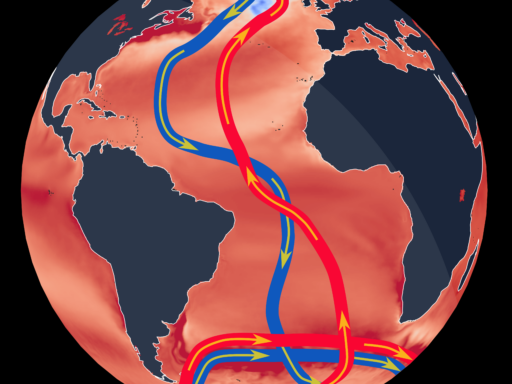
A major ocean current that regulates global temperatures – and gives the UK mild winters – is weakening due to climate change. Science Director Roger Highfield describes a new study which suggests it may avoid collapse this century, thanks to powerful winds that whip around Antarctica.

As climate scientists worry that the Earth may tip beyond a point of irreversible climate change, new research suggests that even the simplest computer model is vulnerable to such tipping points. Roger Highfield, Science Director, reports.
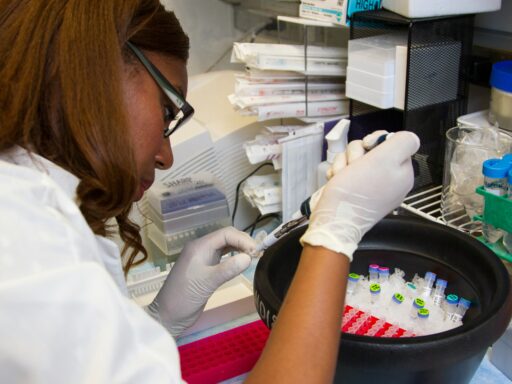
A global survey of attitudes towards science is reassuring, though suggests scientists need to do more to engage with the public, says Science Director, Roger Highfield.
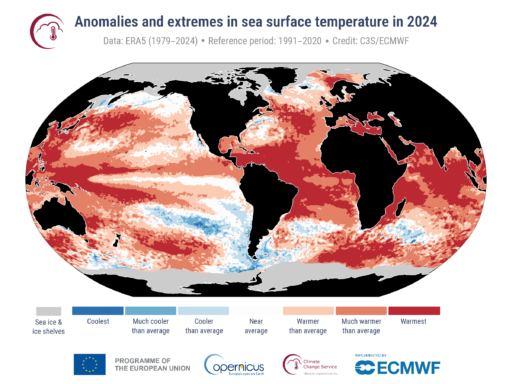
Climate scientists are investigating whether a two-year temperature surge is a blip or means that global warming is accelerating. Roger Highfield, Science Director, reports.
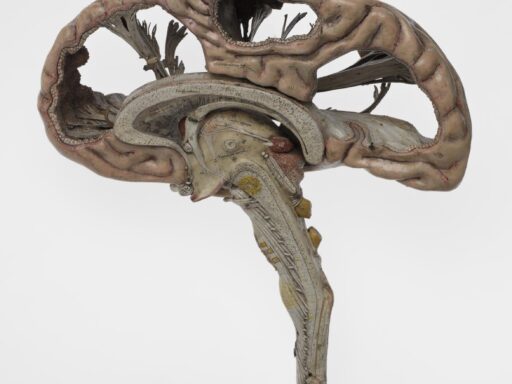
Neuroscientists have harnessed Hollywood to chart the most detailed functional map of the brain to date. Roger Highfield, Science Director, reports.
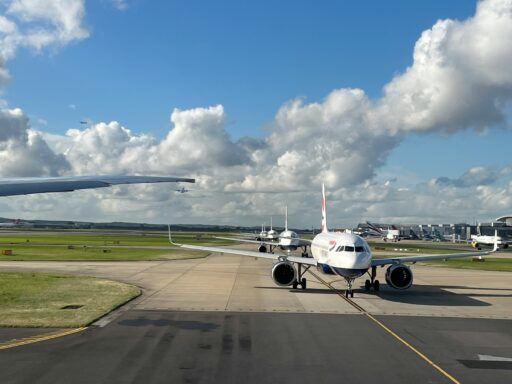
A five-year roadmap to help the aviation sector achieve net-zero climate impact by 2050 is published today by a Cambridge University team. Roger Highfield, Science Director, reports.
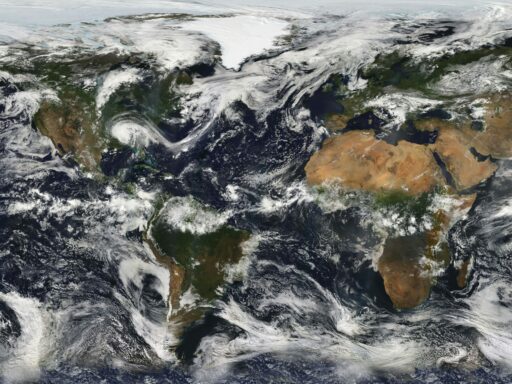
Evidence is published today that human-generated atmospheric carbon dioxide is boosting Earth’s surface temperature faster than ever, reports Science Director Roger Highfield.

The extraordinary extent of plastic pollution, and burning, is revealed by a global inventory today, created with the help of AI. Roger Highfield, Science Director, reports.